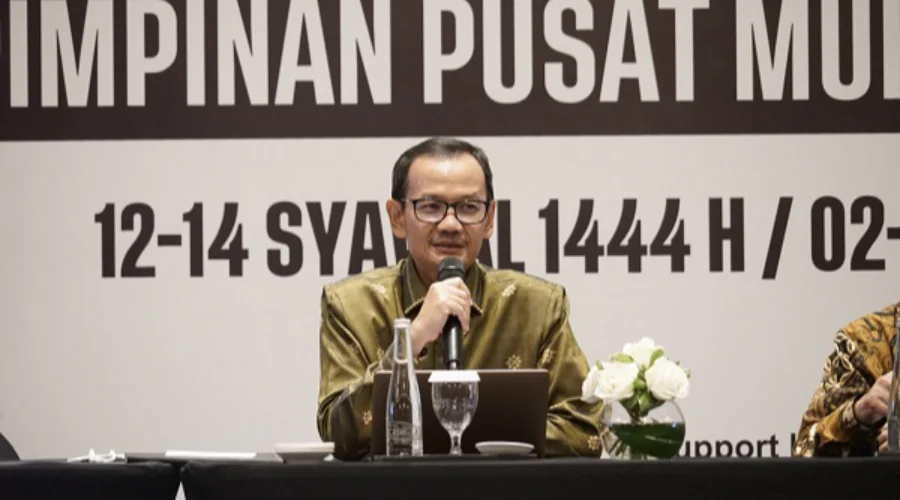
- 03 May
- 2023
Foto Dirjen Dikti Prof. Ir. Nizam, M.Sc., DIC, Ph.D., IPU, ASEAN (Humas)
Director General of Higher Education Admits Muhammadiyah/Aisyiah Higher Education Deserves to Become Best Practice National to International
Acting Director General of Higher Education, Research and Technology Ministry of Education, Culture, Research and Technology of the Republic of Indonesia Prof. Ir. Nizam, M.Sc., DIC, Ph.D., IPU, ASEAN.Eng also became the keynote speaker at the agenda of the National Work Meeting (Rakernas) held by the Muhammadiyah Higher Education Research and Development Council (PP) held at JW Marriot Surabaya Hotel hosted by Muhammadiyah University Surabaya (UM Surabaya).
In his presentation in front of hundreds of National Working Meeting participants, Nizam took the theme "Independent Campus for Preparation of Superior Human Resources and Innovation.
Nizam said, superior human resources and innovation are the keys in life to enter the professional world, to create human resources who are ready to have good personal nutrition and prevent stunting from occurring. He said, aged 0-3 years the best investment for education,
In his presentation, he said Indonesia had higher education institutions according to statistical data compiled by PDDikti in 2023, the number of tertiary institutions was 4,523 and had 31,399 study programs with >1,800 graduates per year. The education gap between the island of Java and Trans Java, with the percentage of GER being dominated by the island of Java with adequate facilities. Statistics of higher education institutions in Indonesia: 4.52 universities, 31.399 study programs, 326.554 lecturers, 9.320.410 students 1.842.588, 1.842.588 graduates/year.
"Our educational condition is full of uncertainty, full of dynamics, full of ambiguity, so it is important to evaluate education, curriculum, courses to improve future education," he explained in front of hundreds of participants.
According to him, jobs in the future will experience threats, of course this will have an impact on the industrial revolution 4.0, human labor in the future will be increasingly eliminated by robots until 2030, this is a challenge for graduates who are looking for jobs by preparing skills and new competencies desired by job seekers.
"The task of universities now in facing challenges is to prepare graduates for the world of work, based on the percentage of professions that are of interest to university graduates experiencing dynamics. Of course this is also the task of the Muhammadiyah/Aisyiyah College (PTMA) in Indonesia," he added.
The problems above must be overcome by PTMA as a forum for providing education and knowledge, there needs to be innovation and creativity, in cultivating the ideas of each student so that later when they graduate there is compatibility between the majors during college and their work," he added
He emphasized that the many roads leading to superior human resources must be an important concern because the challenges ahead will not only be a matter of cum laude grades, but creativity and innovation are needed in order to realize the aspirations of students when they graduate. In addition, Nizam said that in realizing superior human resources, universities need good leadership
"Muhammadiyah/Aisyiyah College (PTMA) in Indonesia has good leadership, and has even become best practice both nationally and internationally," he said
According to him, in terms of healthy organization and governance, this is a hallmark of PTMA. So that in the PTMA environment there is good cooperation, not elbowing each other between universities. Focus on development and cooperation.





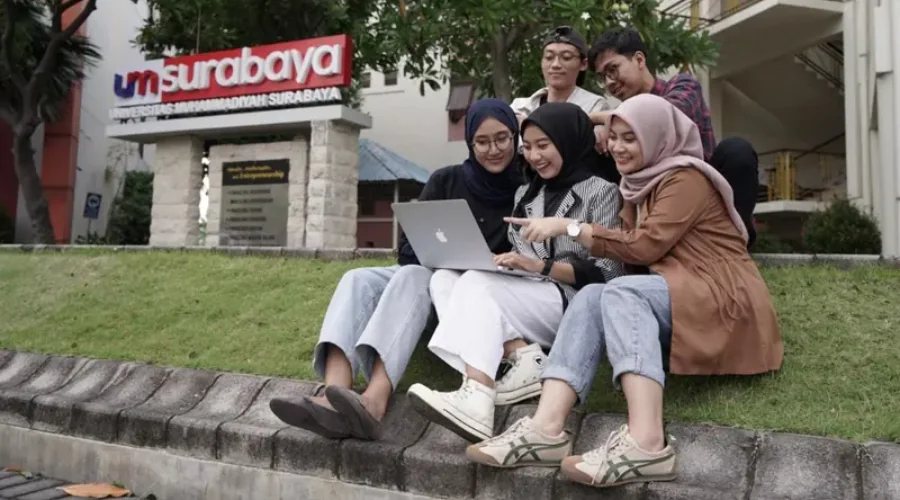
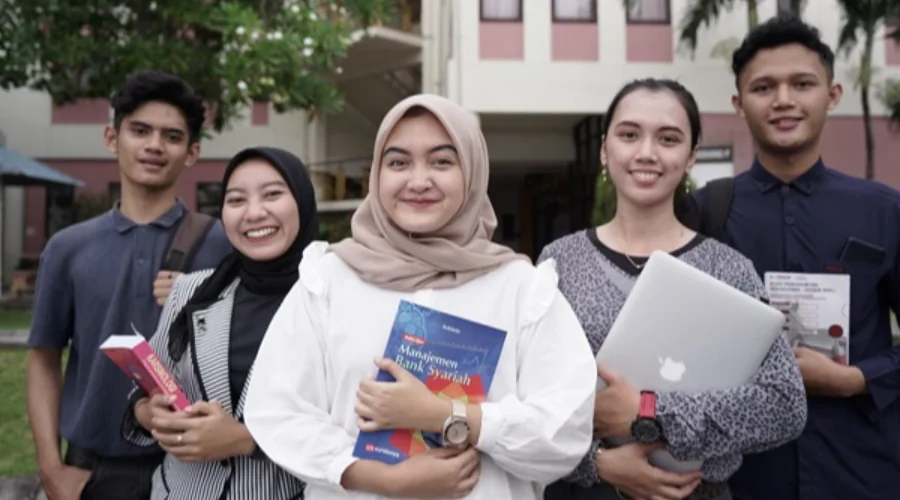
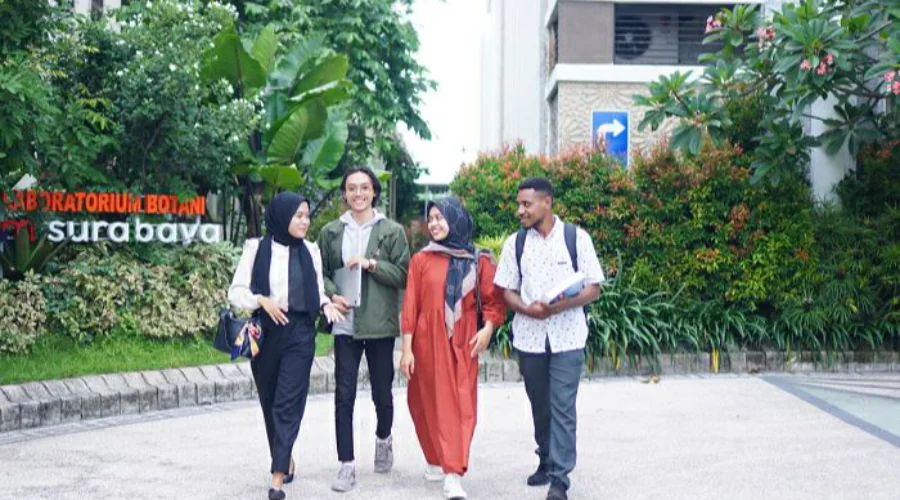
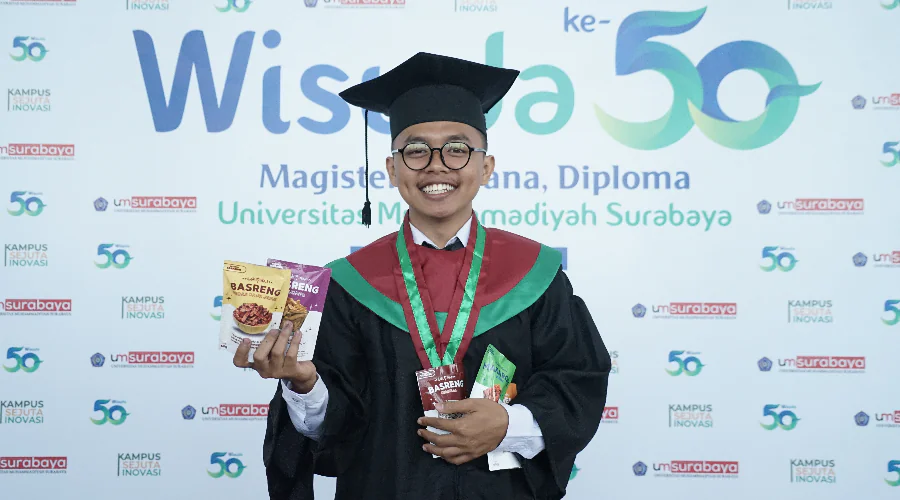
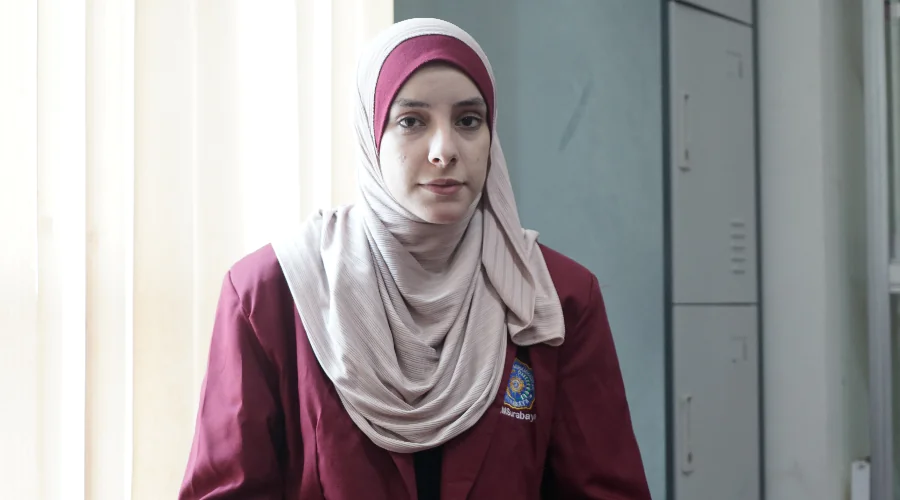
(0) Comments